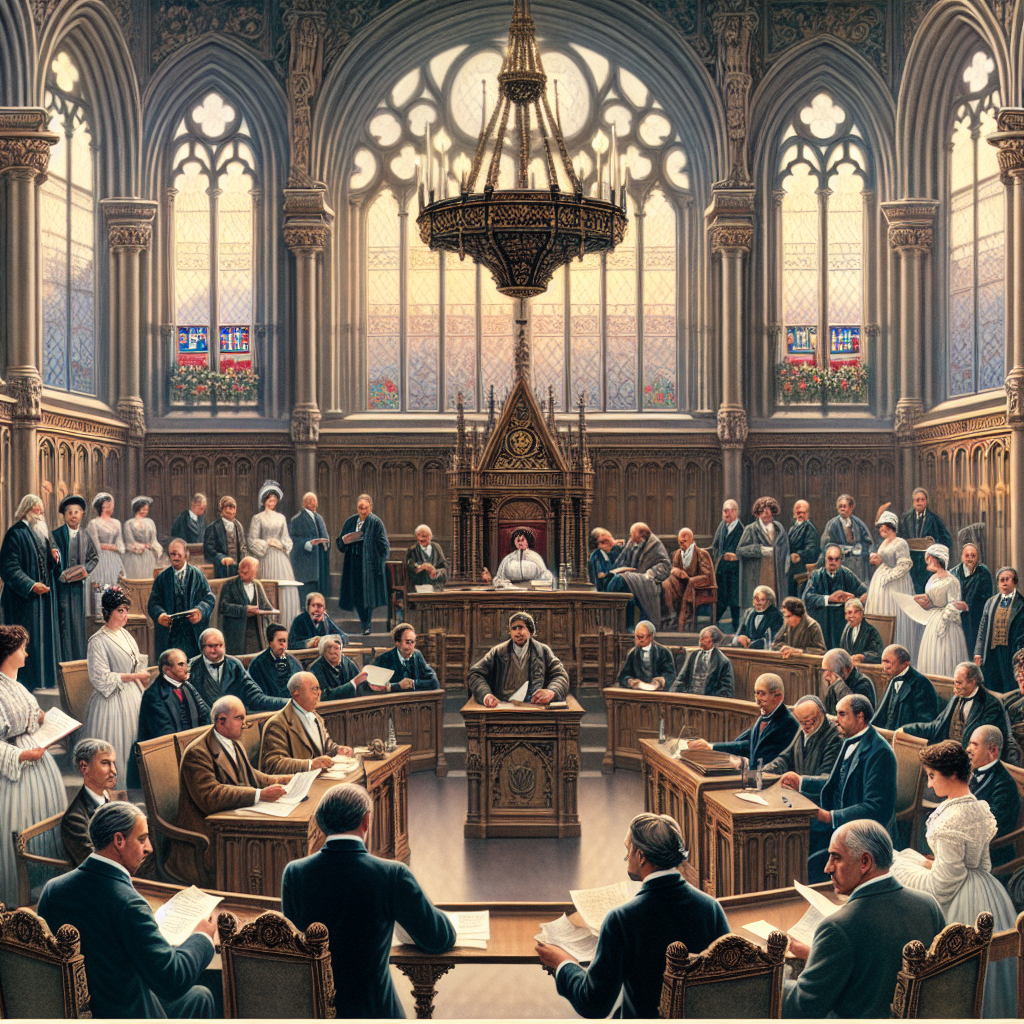Spanish Fiscal Drama: Taxes, Tactics, and Tensions
Spanish lawmakers are set to vote on new tax plans, extending a temporary bank levy. The government faces a complex negotiation with various parties to pass legislation, balancing demands from leftist parties and regional interests. A potential extension for the energy tax remains a contentious issue.

Spanish lawmakers are poised to cast their votes on the government's proposed tax plans, which notably include a three-year extension of the temporary levy on banks. Despite the looming vote, the passage of several measures remains uncertain due to a fractured parliament.
The ruling Socialists, in collaboration with minor parties crucial for passing legislation, have engaged in last-minute negotiations, resulting in limited transparency regarding the final details of the tax package.
A central component of the fiscal proposal mandates that large companies in Spain with annual revenues of 750 million euros or more pay a minimum tax rate of 15% on consolidated profits, aligning with a European directive. The ongoing discourse reflects a struggle to balance diverse political interests and economic imperatives.
(With inputs from agencies.)
- READ MORE ON:
- Spain
- taxes
- lawmakers
- government
- bank levy
- energy tax
- Socialists
- Junts
- parliament
- fiscal policy










